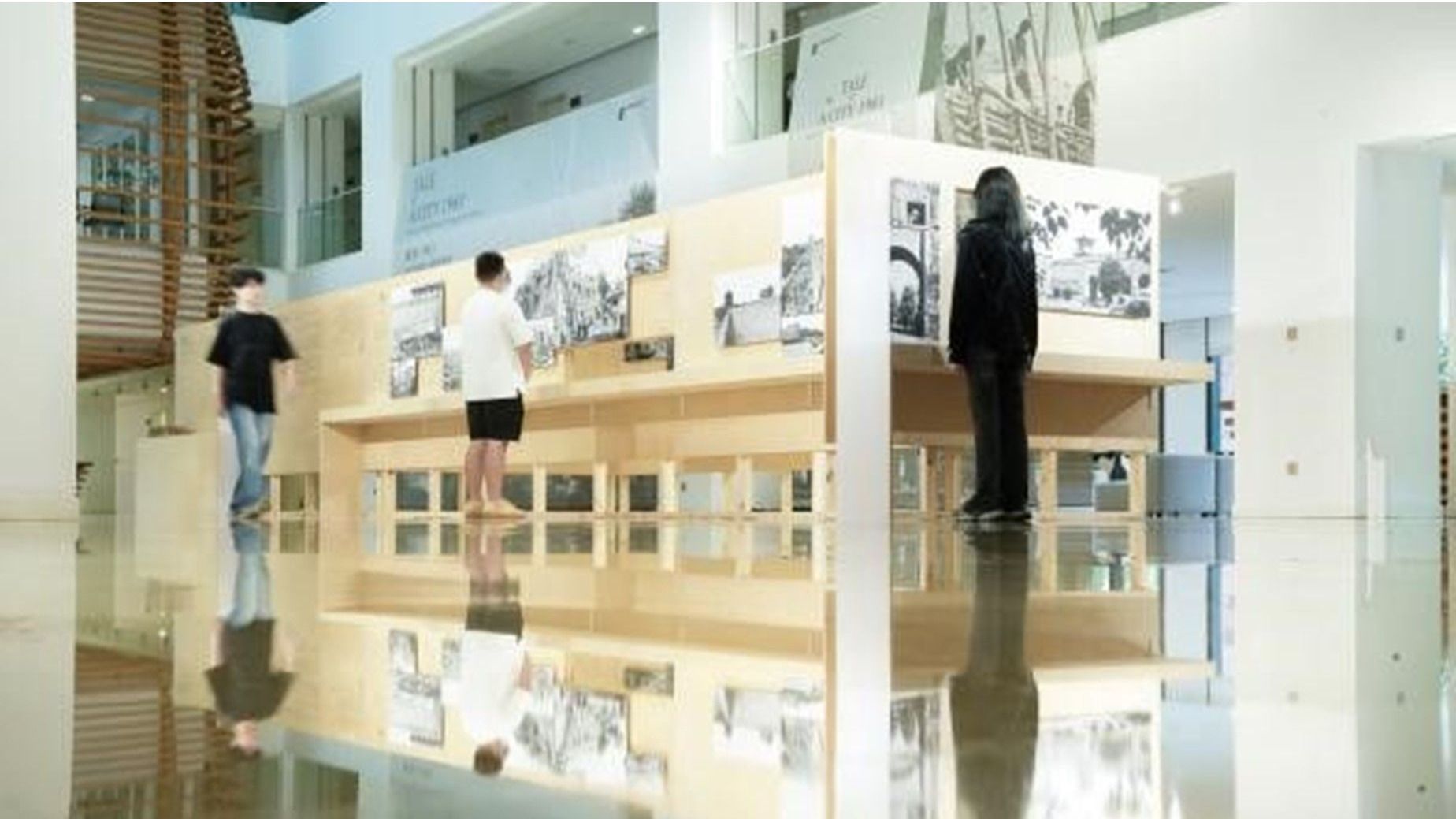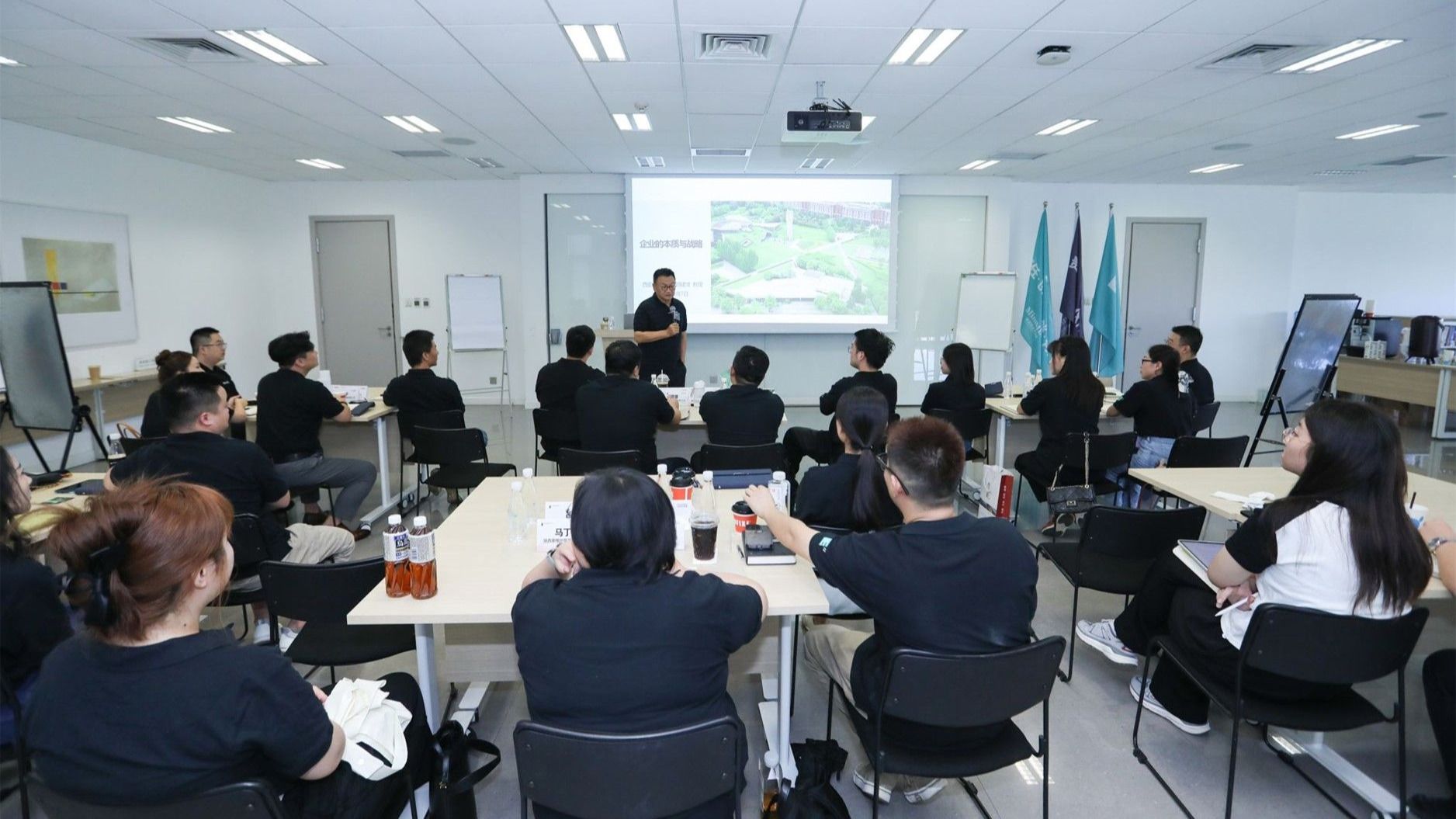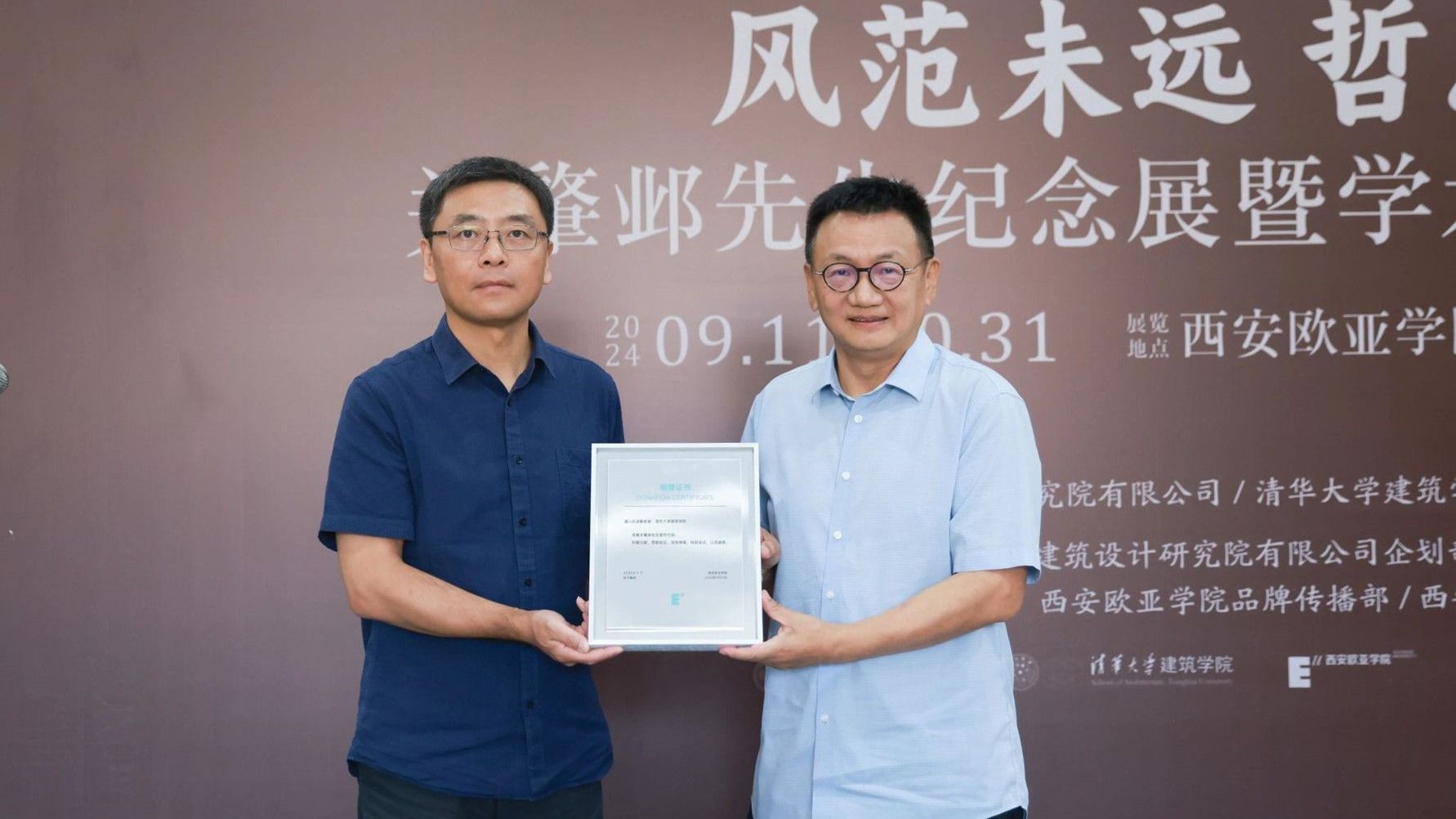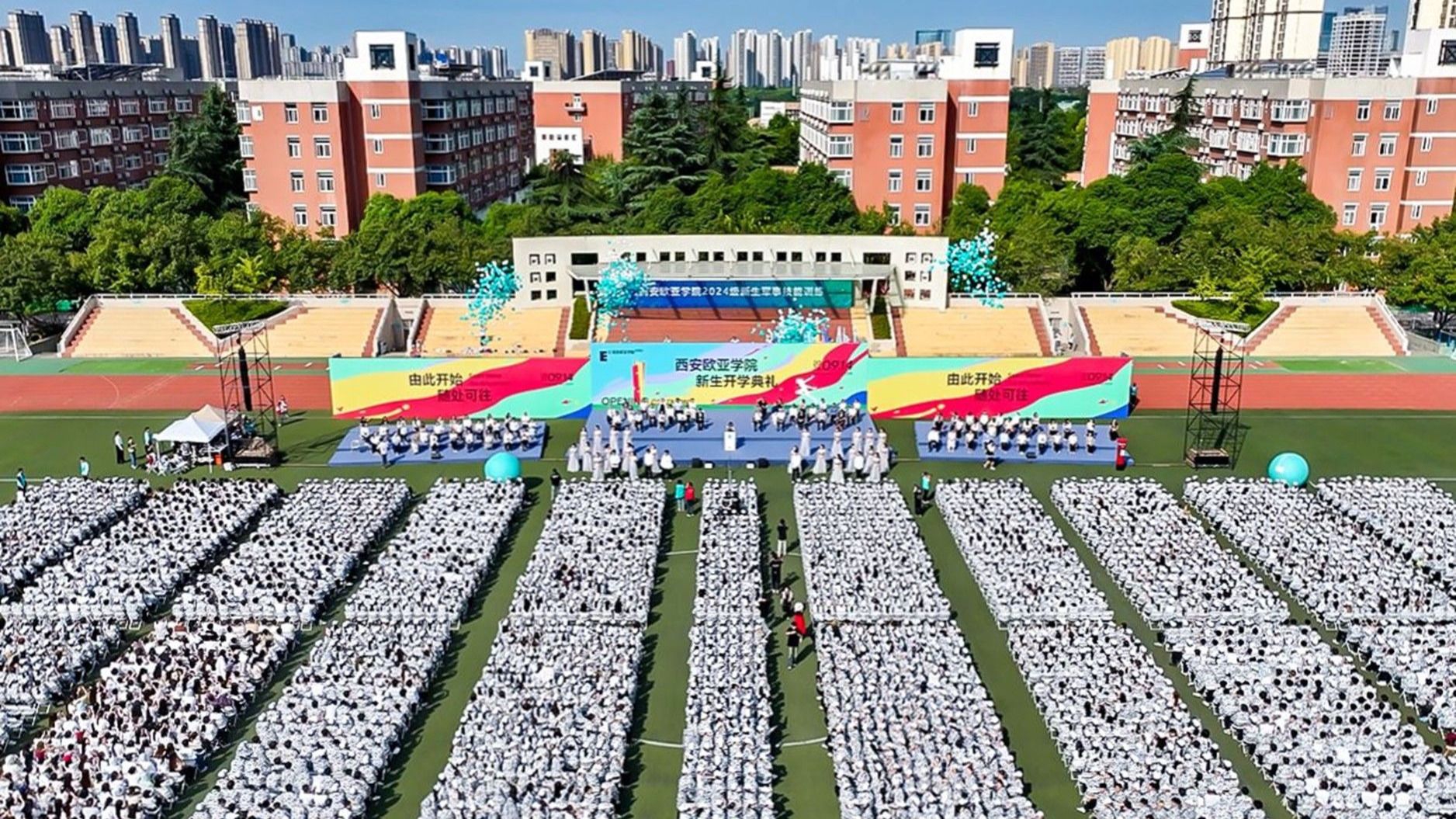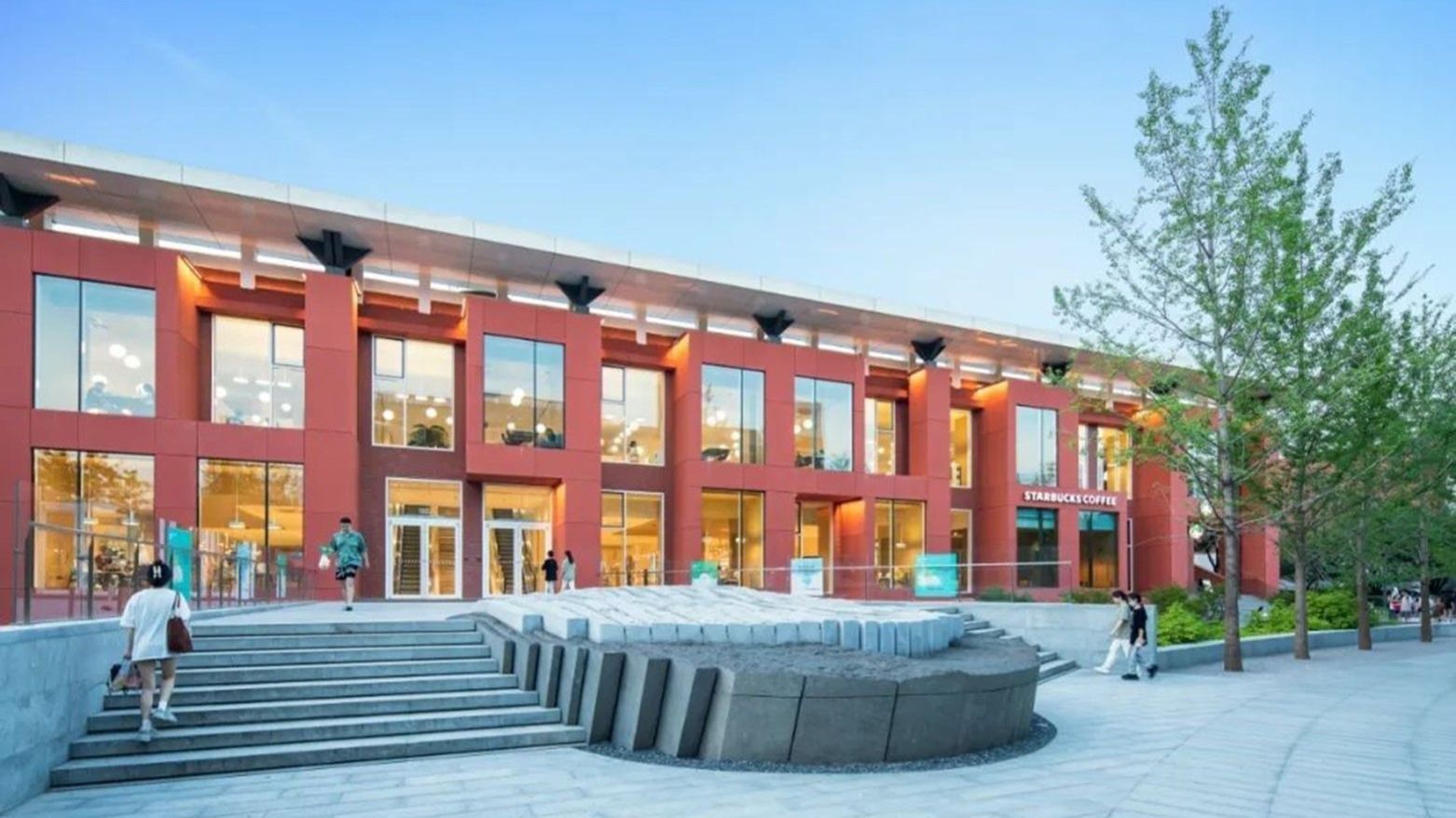Recently, the winners of the 3rd “Zhihuishu Cup” Ideological and Political Demonstration Course Contest were announced. Four teaching teams from Xi’an Eurasia University received the first prize in the undergraduate education segment, and 14 teaching teams won the second prize. Additionally, Xi’an Eurasia University obtained the “Best Organization Award”.
The contest was jointly organized by six national research centers of ideological and political education, including East China Normal University, and Zhihuishu online learning platform. Its purpose was to fully implement the important instructions made by General Secretary Xi Jinping on education and actively practice the spirit of the Ministry of Education in the document “Guidelines for the Construction of Ideological and Political Education in Higher Education Institutions”. By selecting outstanding education cases across various disciplines, the contest aimed to promote teaching, building, and improvement, disseminate advanced concepts and practical experience of national demonstration course centers, deepen frontline teachers’ understanding and grasp of ideological and political education concepts, enhance their teaching and practical capabilities, and further promote integrated teaching reforms, as well as the effective building of national and provincial first-class and quality courses.
Thousands of teaching individuals and teams from over 600 universities participated in the contest. Through the preliminary and final selections, representatives of our university won 19 awards, further demonstrating the effective results of Xi’an Eurasia University in developing ideological and political education.
Overview of Award-winning Courses

In the course “Landscape Design II”, Liu Fanzhen, Xia Ying, and Luo Jing led students to learn about rain garden landscape design. By learning the significance of rain gardens in urban ecological construction, students will increase their sense of professional identity and strengthen their sense of responsibility and mission to devote themselves to ecological civilization construction. By learning how to collect and utilize rainwater in rural areas, students will inherit the traditional Chinese wisdom in ecology and carry forward the pride and cultural confidence of the Chinese nation.
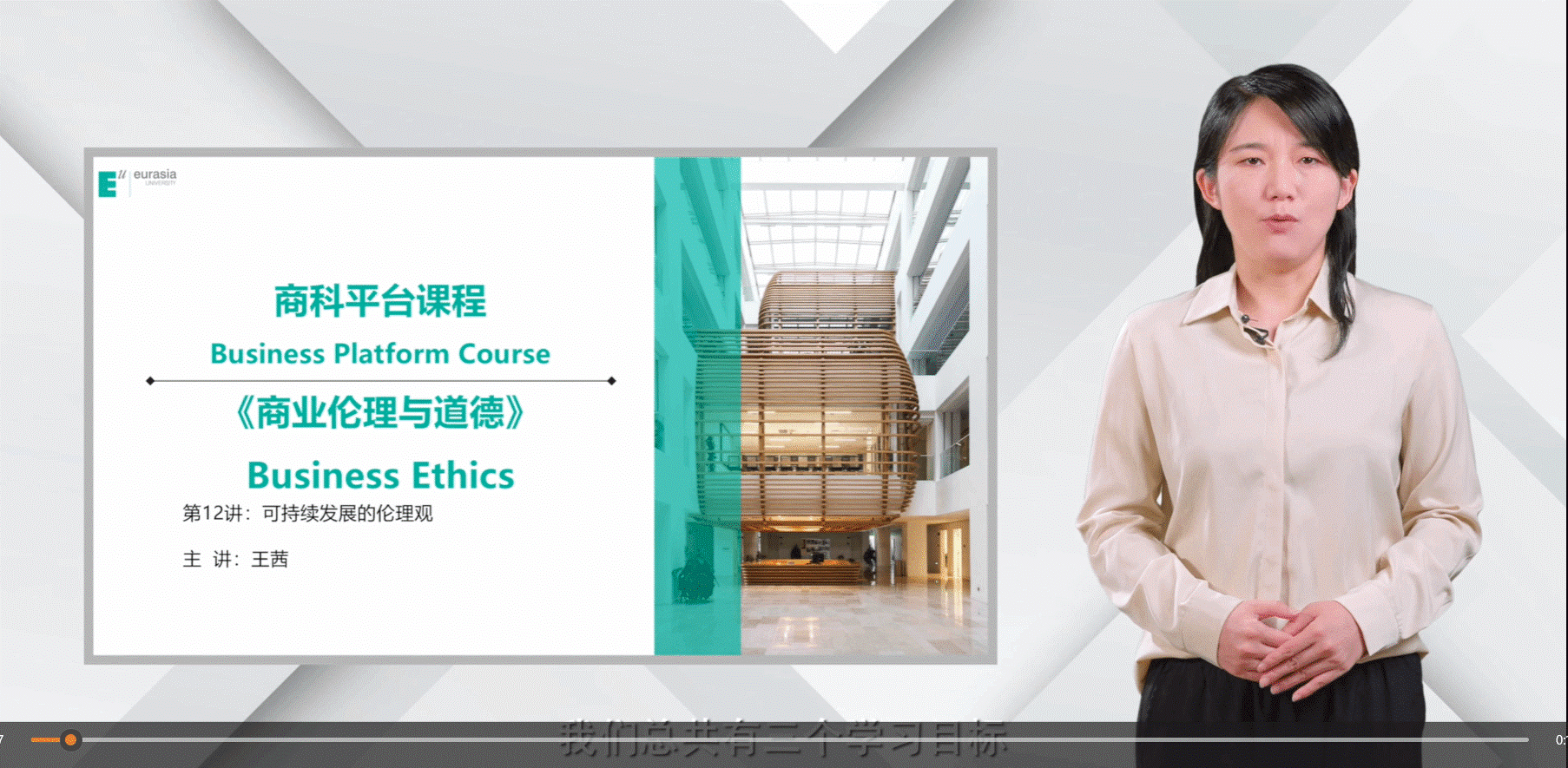
“Business Ethics” by Wang Qian has incorporated ideological and political elements in the teaching content to help students understand the essence of business and the core functions of ethics in business.
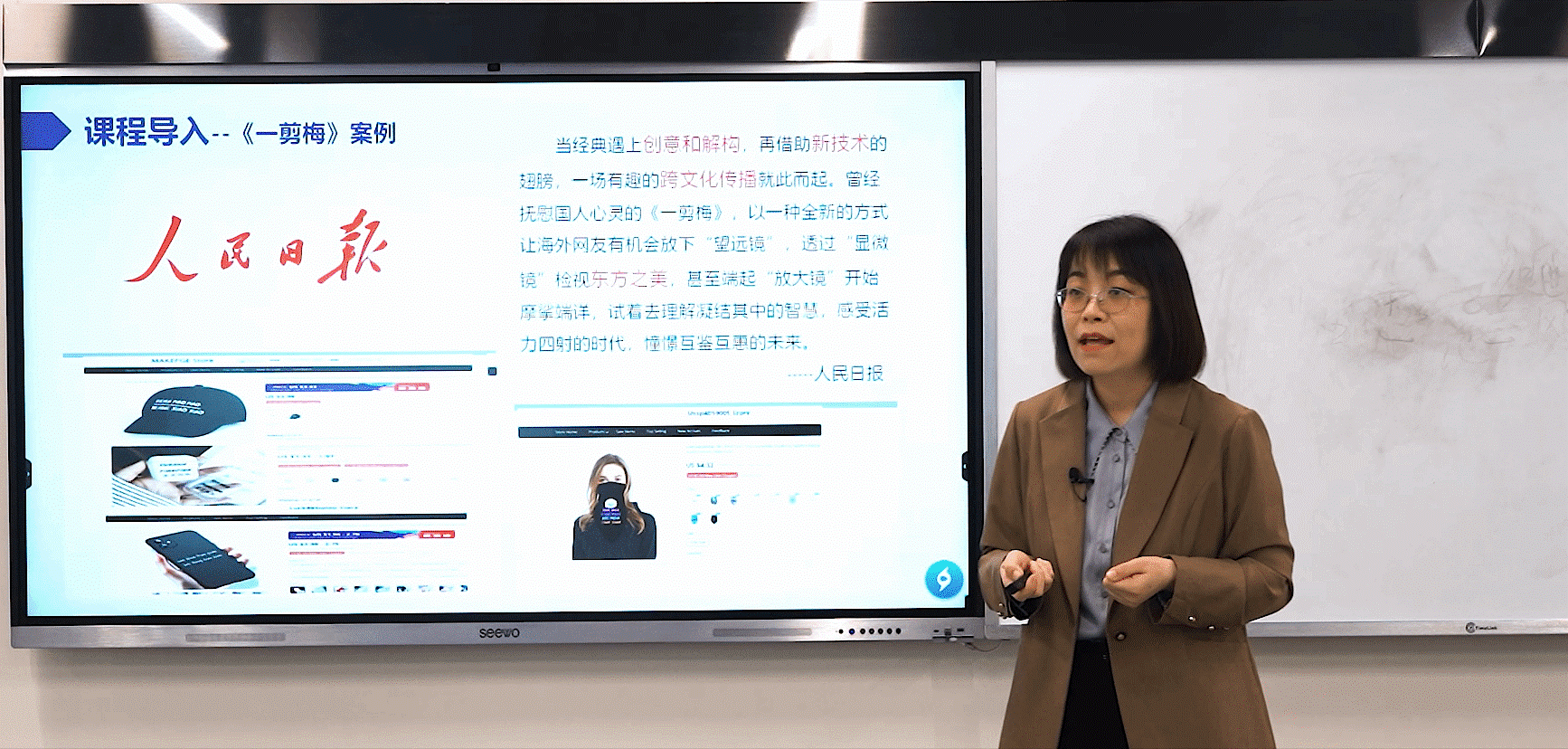
“Cross-border E-commerce Operation Practice” by Zhang Li’na and Hui Jiaxue teaches students how to conduct cross-border e-commerce promotion through newsjacking. By introducing typical cases of Chinese and foreign cultural exchanges, the course guides students to understand the world and national conditions, strengthen cultural confidence, and cultivate students’ professional spirits of pioneering innovation, entrepreneurship, and creativity.
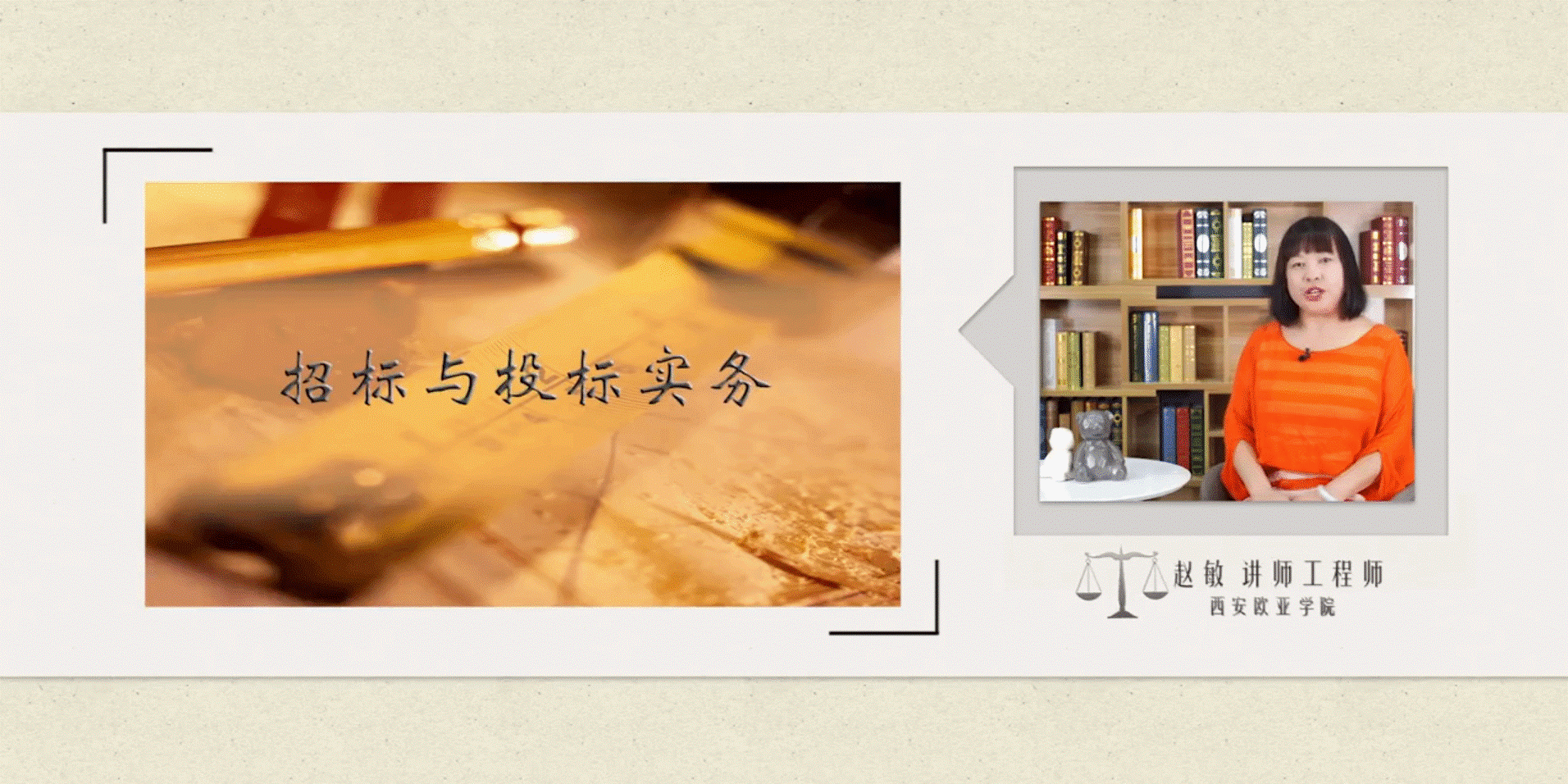
“Tendering and Bidding Practice” is highly practical. Three teachers, Zhao Min, Zhang Lei, and Liu Xinrui, hope that through this course, students can master knowledge related to tendering and bidding, prepare tender documents and bids with emphasis attached to mastering the procedures, methods, and systems for tendering and bidding, know about tendering and bidding systems in relevant industries, and further improve their practical operation capabilities.
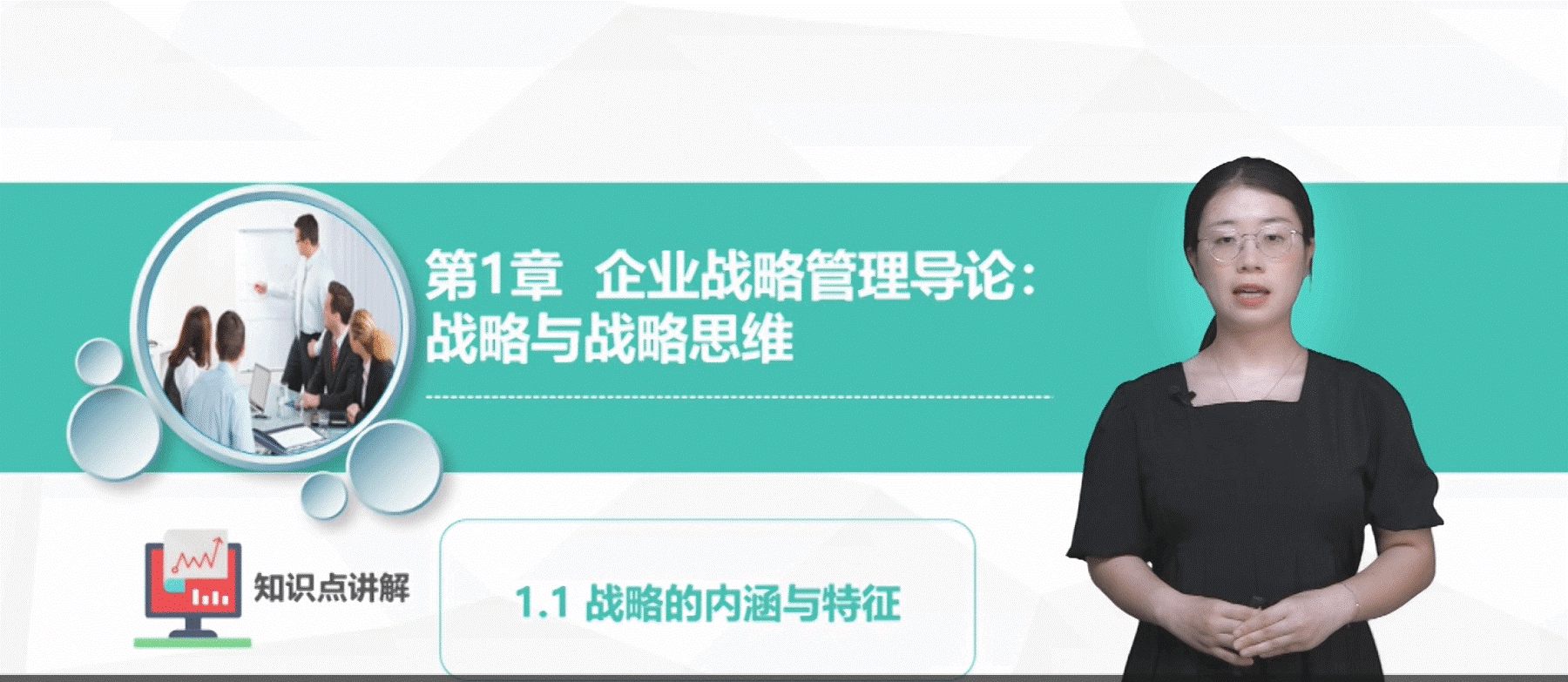
In the course “Enterprise Strategic Management”, Dang Xiaoyu and Zhang Keqi hope to lead students to analyze the current situation of enterprise strategy with strategic management tools and methods, and cultivate their patriotism and deepen patriotic education through the introduction of excellent cases of enterprises in China.

In the course “Innovative Design Thinking”, Du Xiaochun, Meng Bo, and Zhang Xiufang have incorporated ideological and political education goals such as innovative thinking, team communication and cooperation, project management, and cross-disciplinary integration into the content. Starting from practical problems, the course guides students to think creatively and solve practical problems with correct values and innovative scientific methodology to realize social value via interactive and experiential teaching.
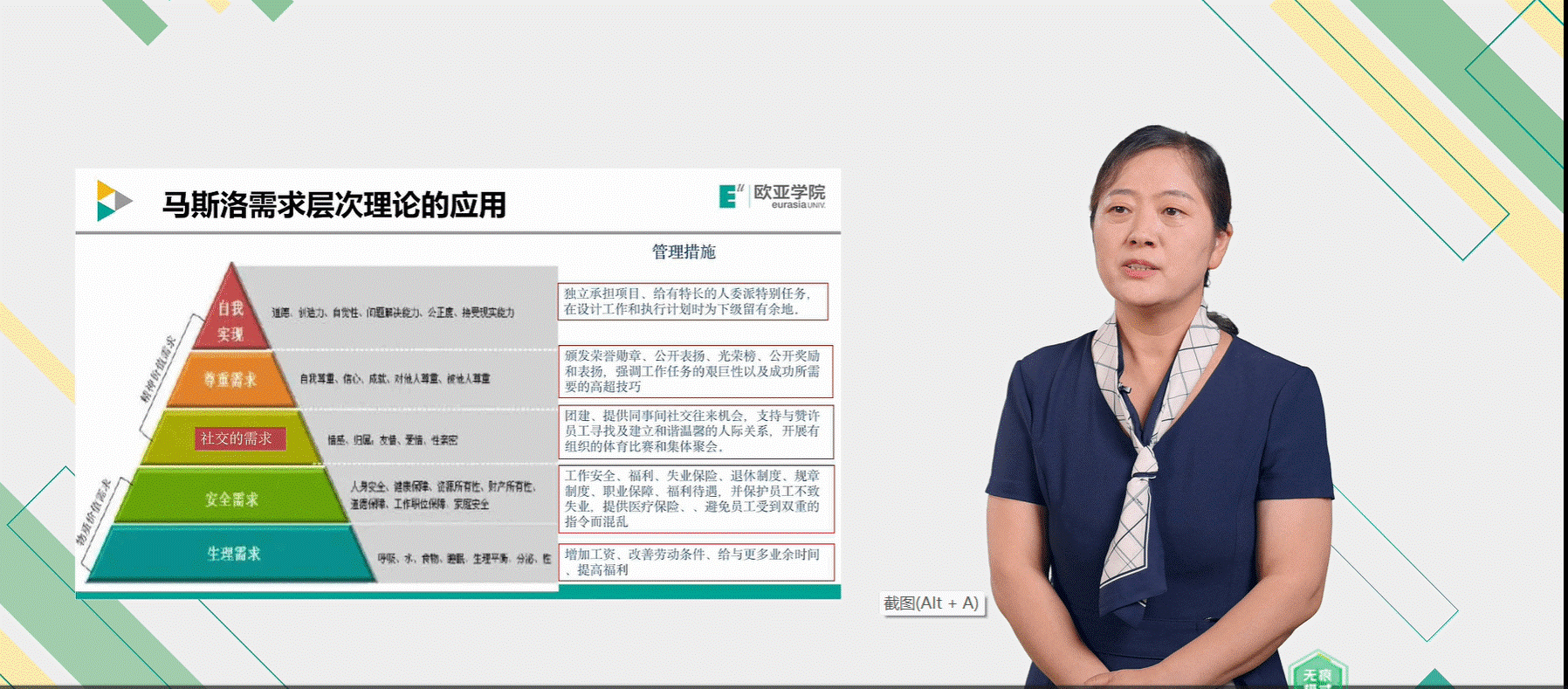
He Minjuan has explored the teaching methods of management. In the course design of “Management”, she guides students to combine management knowledge with China’s history, culture, and reform practices to improve their capabilities to analyze and solve problems.
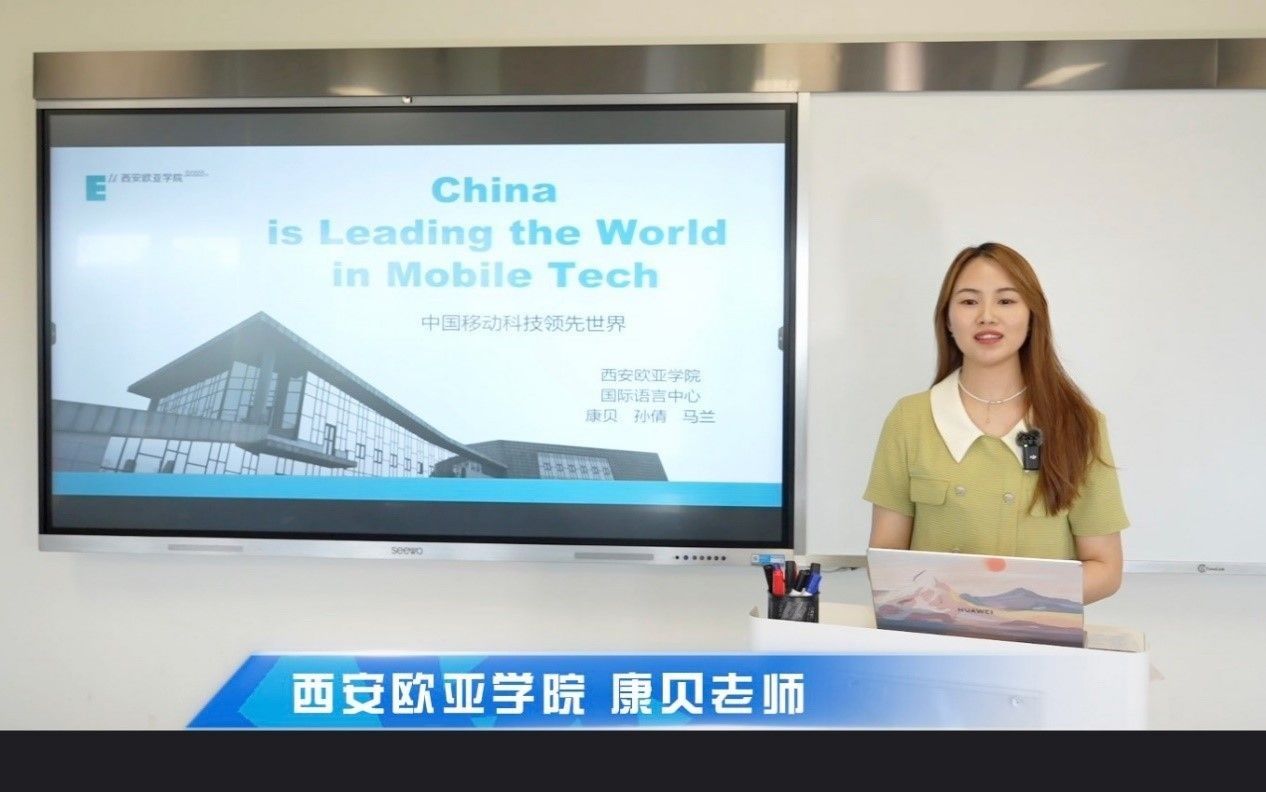
In the course “College English I”, Kang Bei, Sun Qian, and Ma Lan lead students to understand China’s leading position in science and technology in the world, guide them to think deeply about the impacts of scientific and technological development on human beings, cultivate students’ dialectical views of the impact of science and technology, encourage them to pay attention to scientific and technological development, consider how to contribute to the construction of science and technology campuses based on their majors, build national pride and cultural confidence, and keep innovative in line with the times.
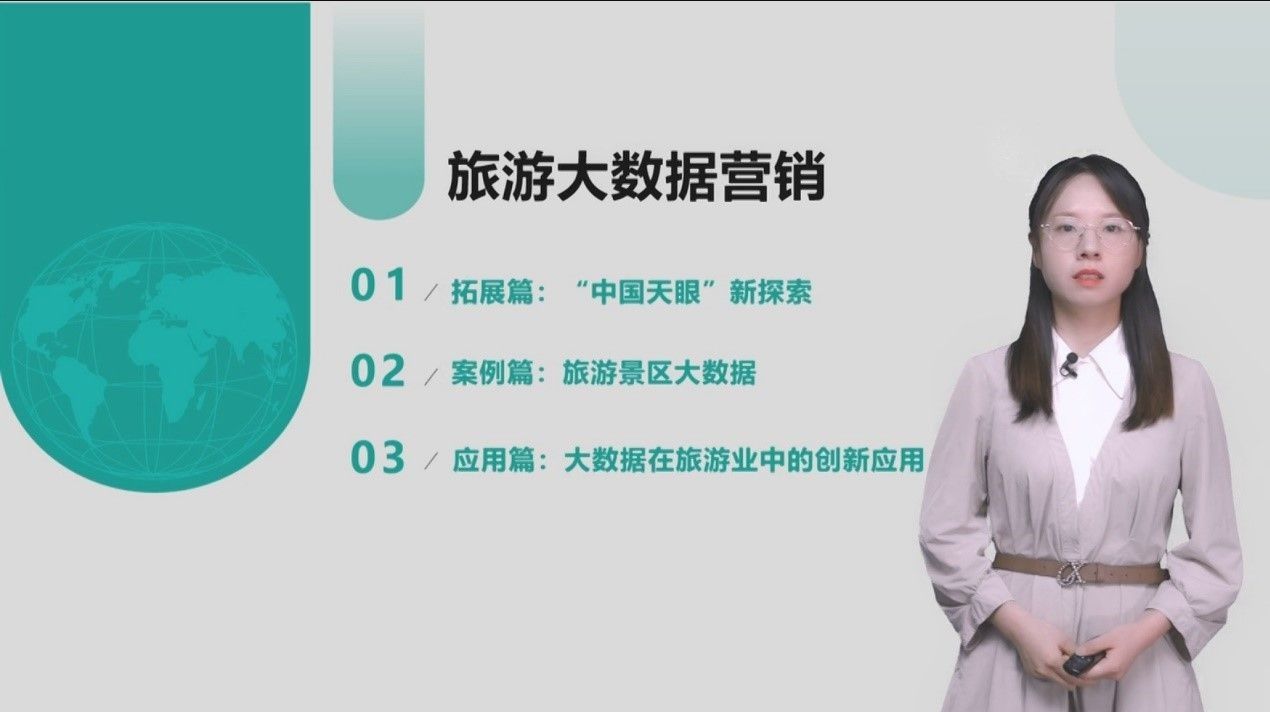
In the course “Tourism Network Marketing”, Li Chenfang, Liu Xiaoli, and their team take tourism enterprise entities such as tourist destinations, scenic spots, and tourist hotels as the main line to create an online marketing teaching scenario, where they have incorporated ideological and political elements such as confidence in system, ecological civilization, integrity awareness, and professional ethics.

To further promote students’ learning interests and professional ethics, Li Chunhua, Wang Peng, and Meng Yan set up the concept of “taking scenario-specific games and enterprise cases as carriers” in the course “Supply China Management”. They have combined supply chain knowledge with core socialist values, spirit of craftsmanship, and other ideological and political elements to cultivate students’ professional quality of serving the people, providing honest services, and improving both integrity and capability.
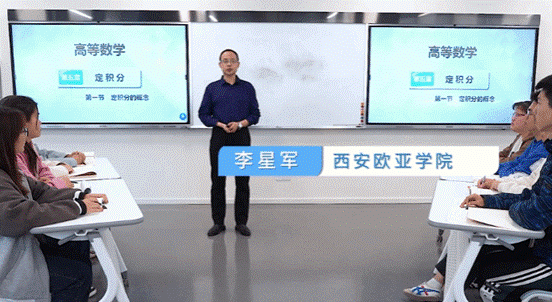
In the course “Advanced Mathematics”, Li Xingjun has explored ideological and political materials from multiple dimensions and combined the characteristics of mathematics courses to cultivate students’ sense of responsibility and sense of mission in exploring the unknown, pursuing truth, and reaching the height of science, so as to establish lofty rational beliefs and shape noble personalities.
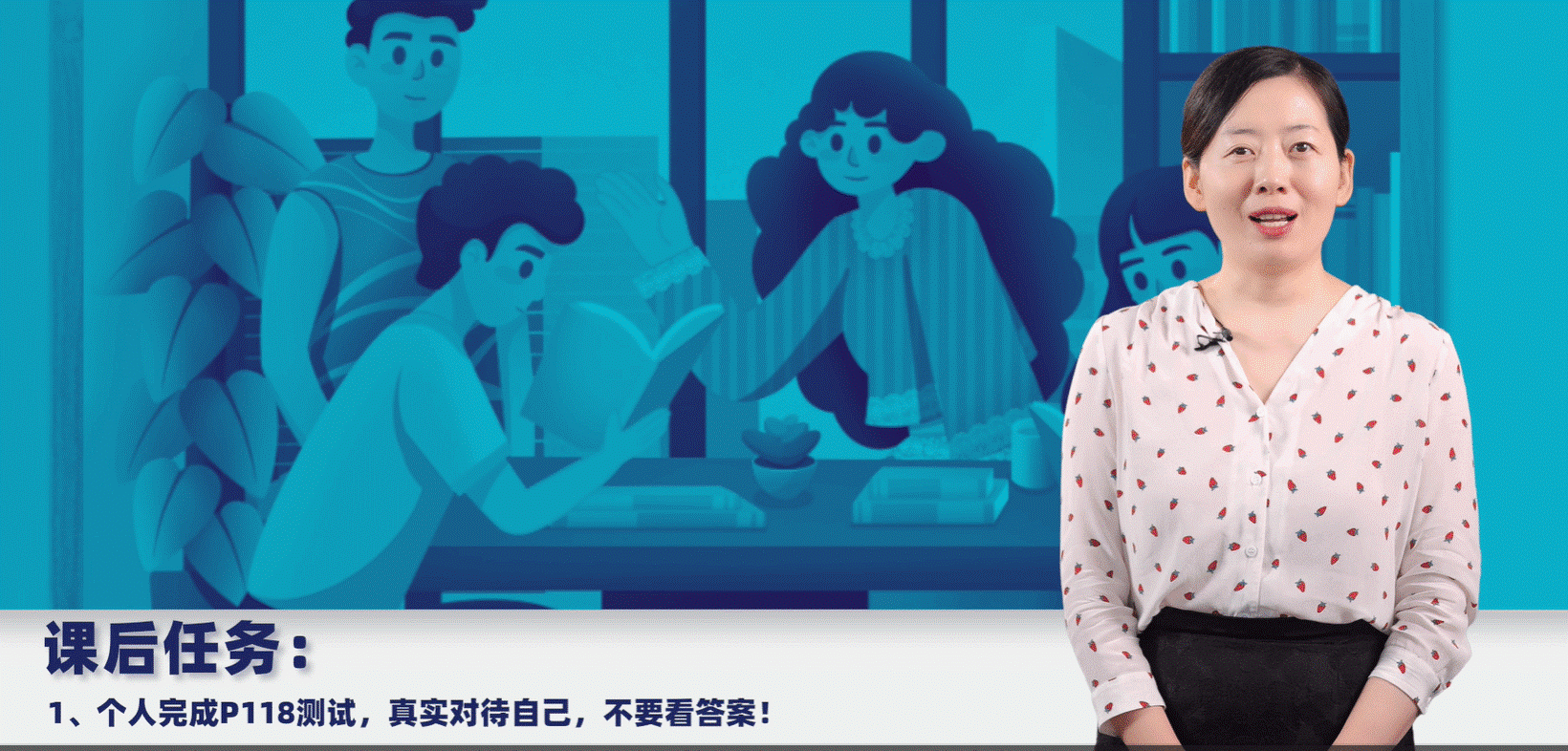
Delivered by Liang Yu, the course “Management Psychology” focuses on cultivating students’ moral literacy and cognition, emotion, attitude, work motivation, teamwork, and innovation and change capabilities based on the characteristics of young students.
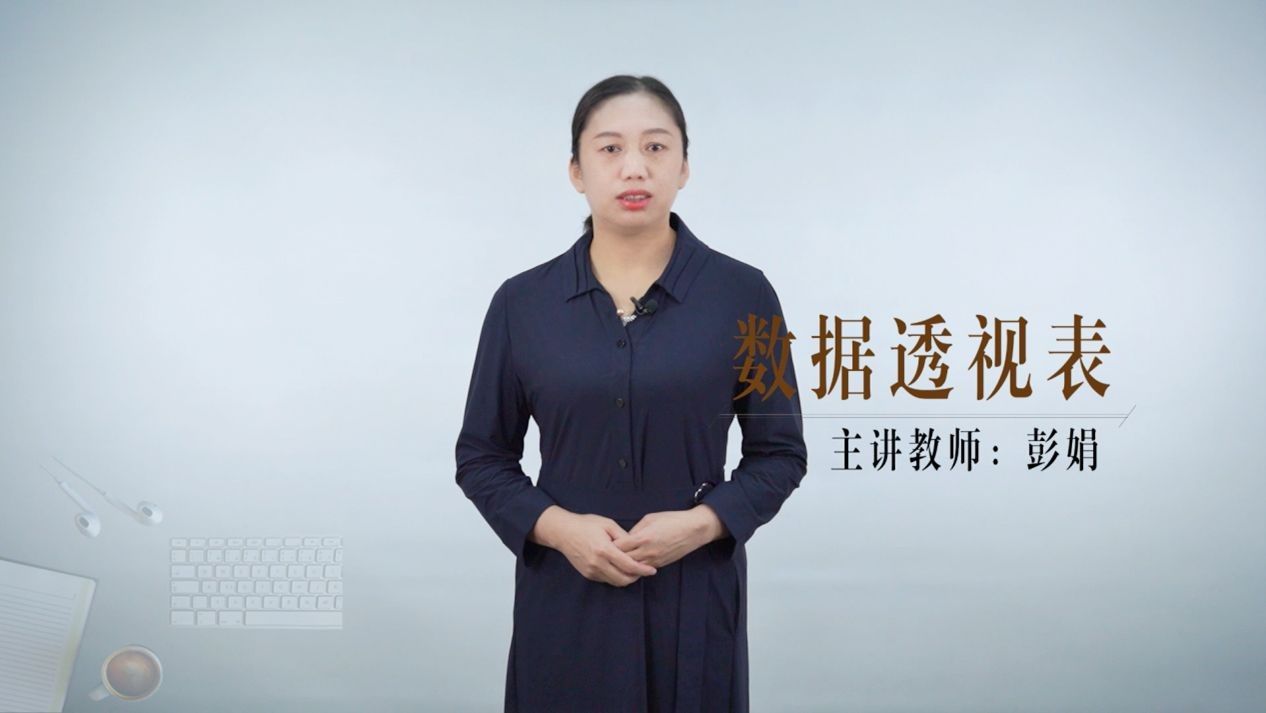
In the course “Office Efficiency”, the teaching team comprising Peng Juan, Quan Yun, and Xu Mengxue has carried out online and offline integrated teaching via Zhihuishu online learning platform, combined value shaping, knowledge imparting, and capability cultivation, and furthered the integration of ideological and political education and teaching. They created a new model of “four dimensions and one core” for ideological and political teaching to realize “scientific and humanistic education” from four dimensions: knowledge module integrating theory and practice, online and offline mixed teaching mode, diversified teaching methods, and training mode combining thinking with ability.
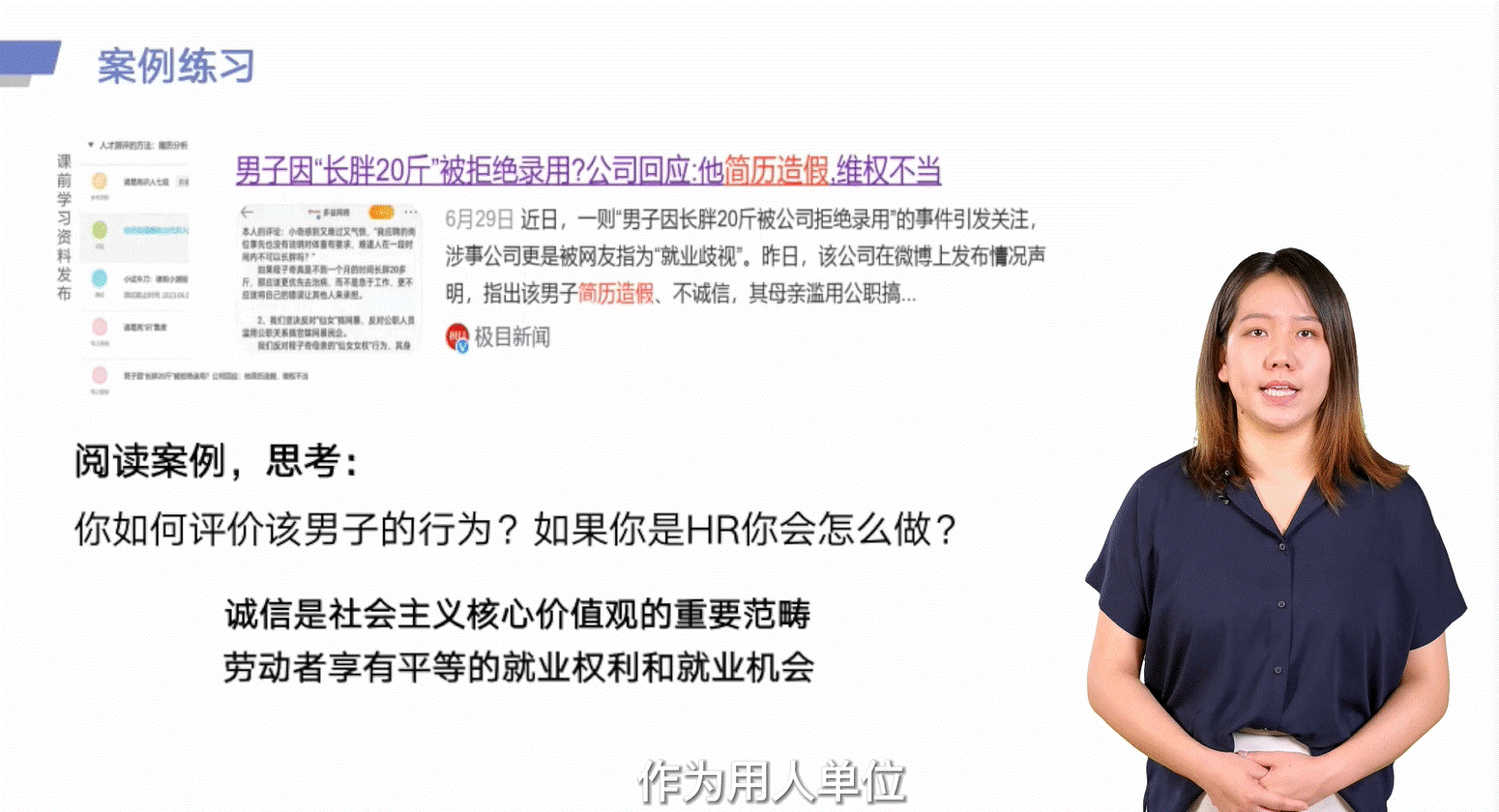
The teaching team composed of Sun Ting, Lv Rui, and Ma Fangqin fully integrates ideological and political elements such as dedication to work, integrity, fairness, and team spirit in the course “Recruitment and Talent Evaluation” based on cases.

The course “Principles and Practice of Auditing” jointly delivered by Tian Zhen, He Ming, and Ren Jie, is delivered through scenario-based teaching to introduce the background and mission of BDO China Shu Lun Pan CPAs founded by Dr. ShuLun Pan to arouse students’ emotional resonance. Through fraud cases in the capital market, students will establish professional beliefs, and regard integrity and trustworthiness as the core spirits of future accountants in China, and set an example by themselves.
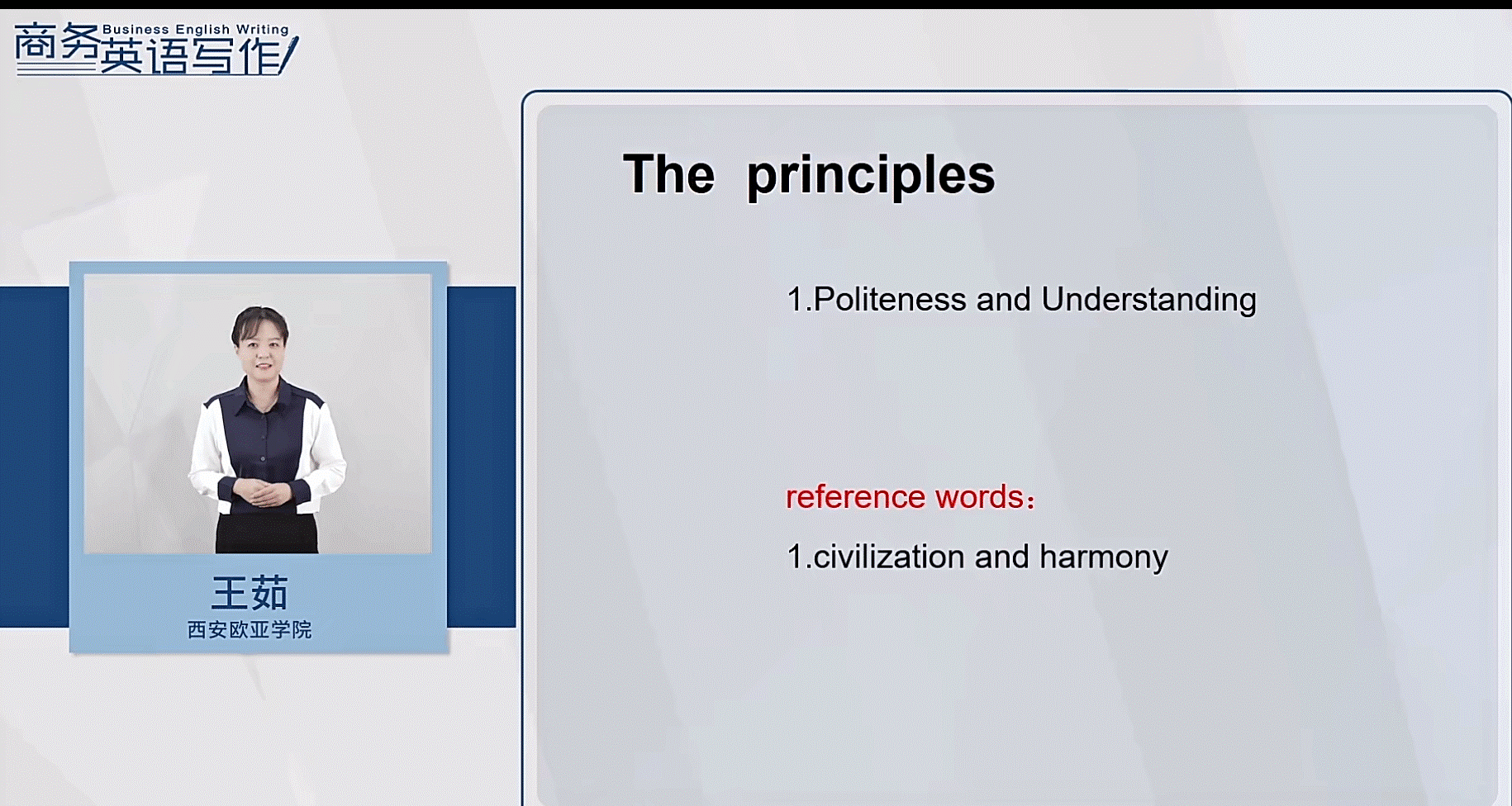
In the course “Business English Writing”, Wang Ru and Wang Pei guide students to analyze real writing cases in specific living scenarios and impart writing skills and basic ideological and political elements to them. The purpose of this course is to make students abide by professional ethics when writing business letters and be integrity, fair and law-abiding citizens.
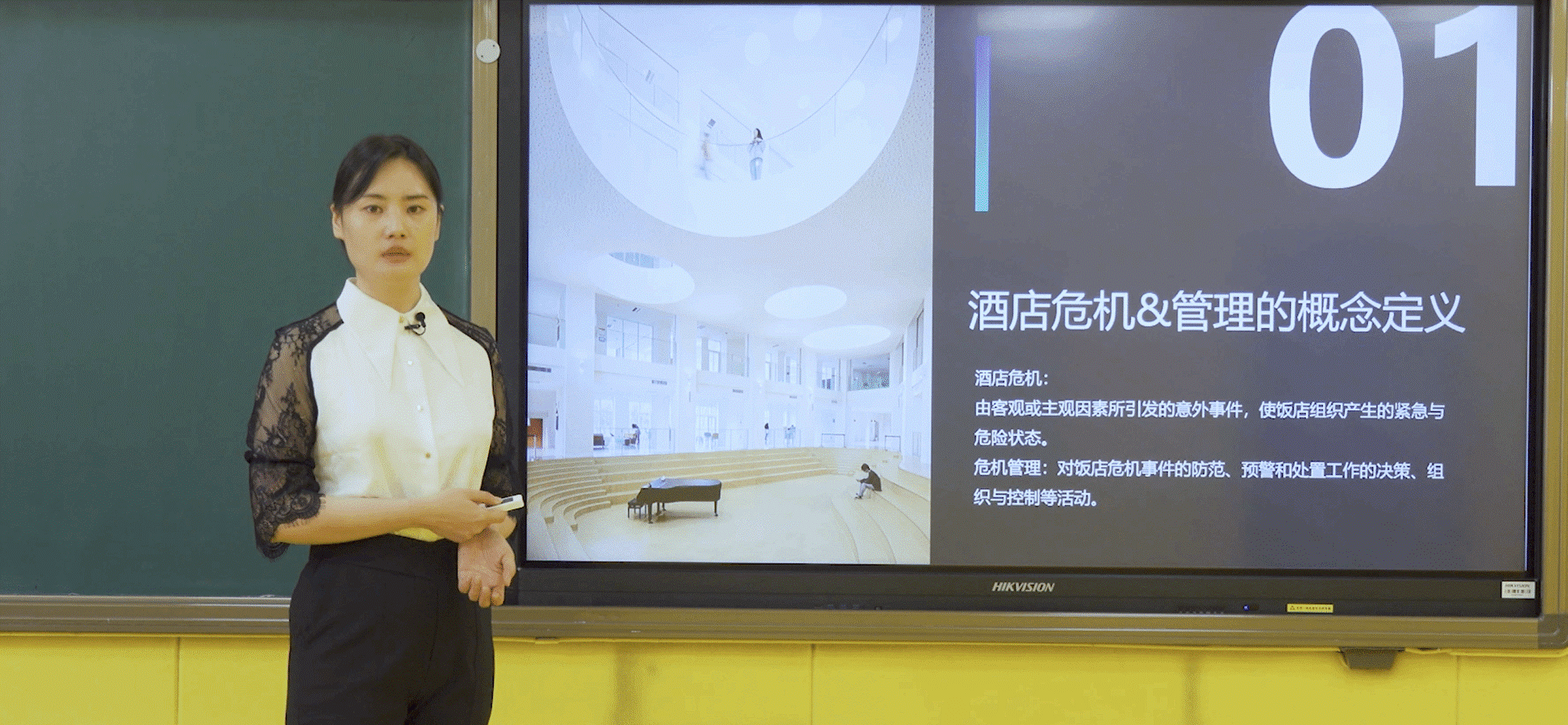
In the course “Tourism Enterprise Operation and Management II”, Yang Xianmin and Zheng Niming guide students to establish correct management awareness and professional quality so as to realize synchronous development of professional education and ideological and political education.
Zhang Xiaoyan, Guo Hailing, and Yan Jun, teachers of the Writing and Expression course design team, co-deliver the course “The Secret to Wonderful Writing - Structured Thinking and Expression”, through which they guide students to love mother-tongue writing and feel the charm of Chinese. By introducing reading cases of classic Chinese literature, students will carry forward excellent Chinese culture, strengthen cultural confidence, stimulate national self-esteem and self-confidence, and help them form correct and reasonable outlook on life and values.
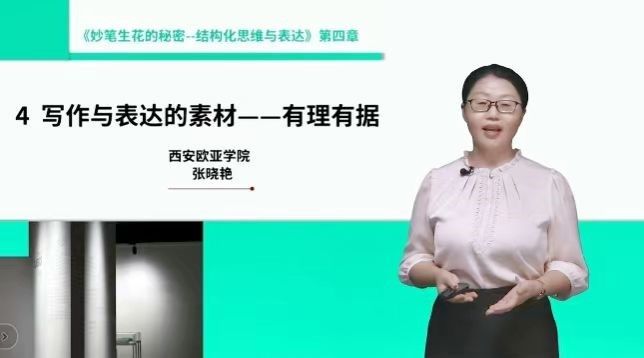
In the future, Xi’an Eurasia University will continue to fulfill its fundamental mission of cultivating students with moral integrity. We will focus on strengthening the backbone of our teaching team, enhancing curriculum development as the main battleground, and optimizing classroom teaching as the main channel. We also actively explore and innovate teaching methods and approaches to cultivate a new generation of individuals who are idealistic, competent, responsible, and proactive in embracing challenges and creation. By continually promoting a comprehensive approach to education that involves all staff, covers the entire educational process, and encompasses all aspects, we will usher in a new chapter.


